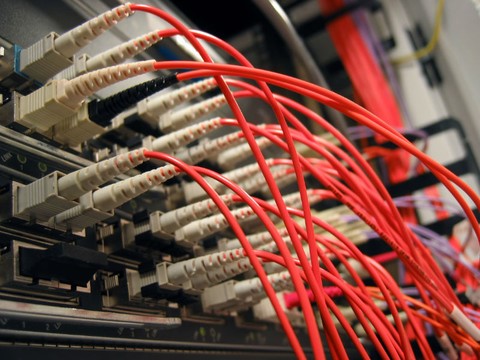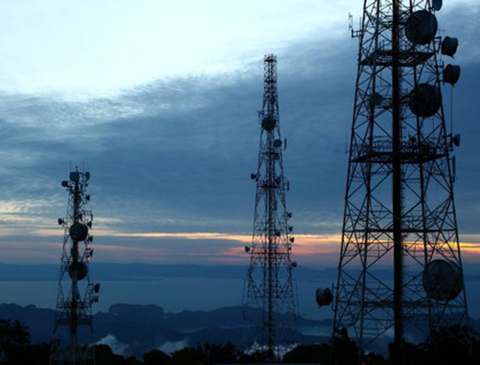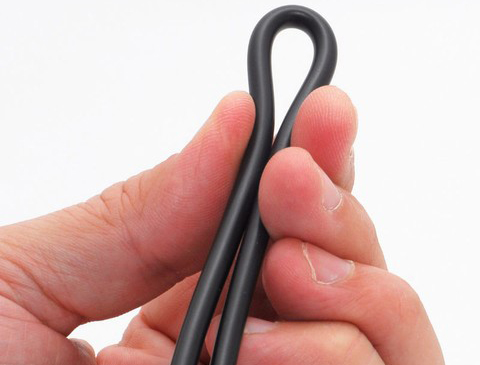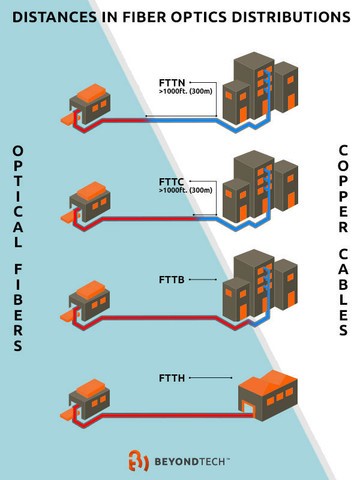Optical fibre has been the backbone of Internet infrastructure for years and almost all our communications rely on it: telephony services, Wi-Fi or CATV. It is also responsible for building-to-building connectivity in campuses and is used in a variety of military applications. But still there are some myths about this incredible technology and we’d like to expose them.
1. Fibre is fragile
Yes, glass used in everyday products is easy to break, but although optical fibre is as thin as a human hair it is actually stronger than copper. Optical fibre cables are designed to resist the roughest installations, tolerating higher temperature levels and withstanding more than 200 pounds of pulling tension.
 Photo credit: Kainet
Photo credit: Kainet
2. Installations are challenging
Fibre may have been difficult to install many years ago, when connectors had to be polished and terminations needed to be done by hand. Nowadays, technology improvements have made it easy to install and to test.

3. Fibre doesn’t support wireless
Due to optical fibre large bandwidth capacity and its long term compatibility with networking hardware, telecoms rely on optical fibre to transmit wireless mobile signals from towers to central networks. So if you are reading this article on your phone, it’s probably thanks to optical fibre technology!

4. You can’t bend it
It’s true that fibre was sensitive to bending, but that changed some years back with the introduction of insensitive fibre, a kind of fibre in which an optical trench was constructed into it to reflect light back into the core. This type of fibre is perfect to be used in hard to reach places without affecting its performance.

5. Fibre is more expensive than copper
When considering the entire structure, fibre ends up being cheaper than copper. Fibre networks need less equipment, therefore they consume less power, which means lower costs over long terms. Also, optical fibre maintenance costs are less than copper’s.

With information from: Corning.
You can check the original text at Beyondtech.us

